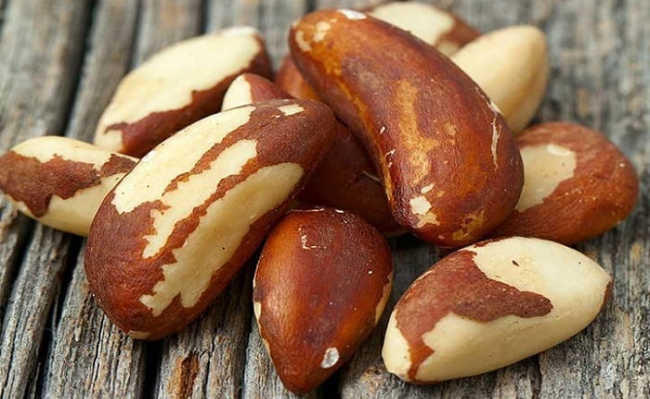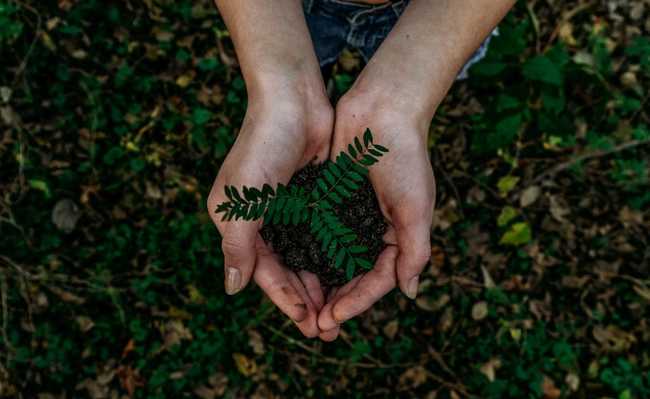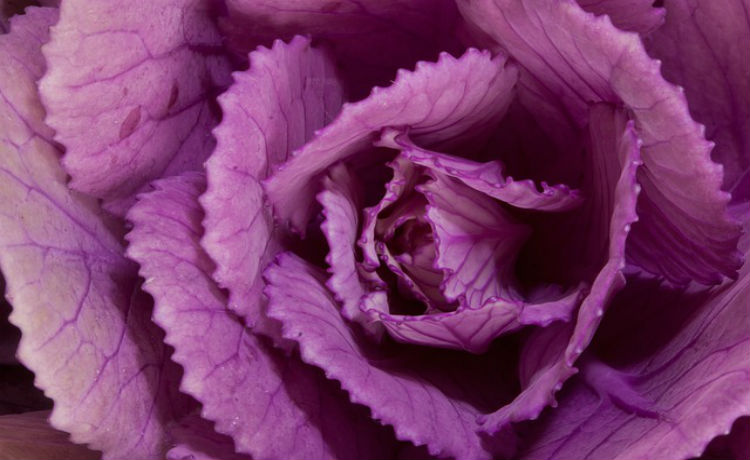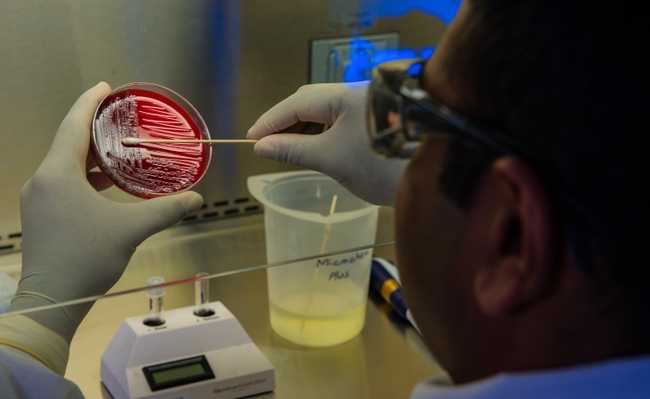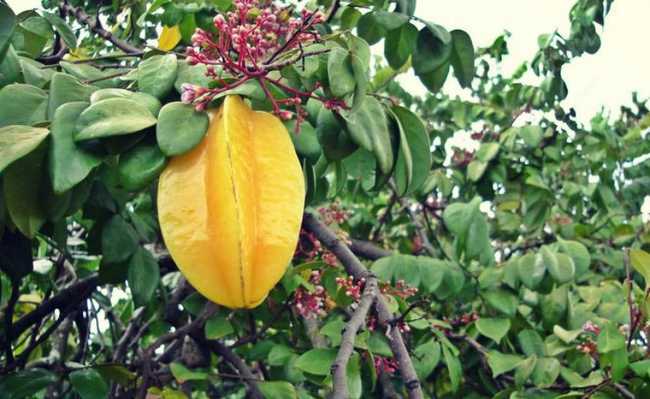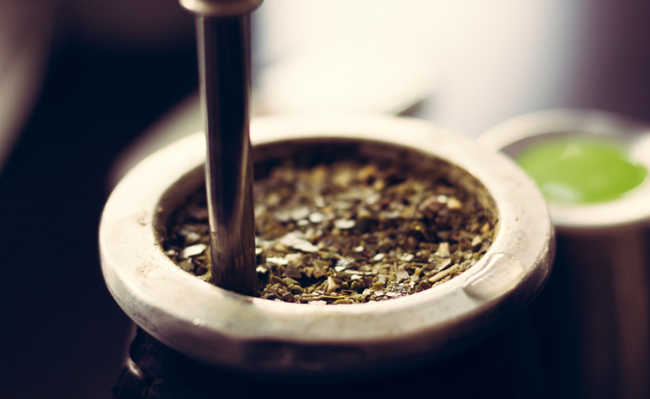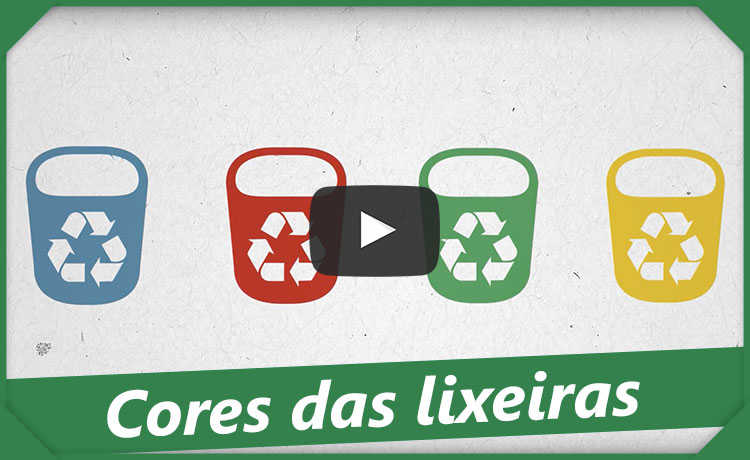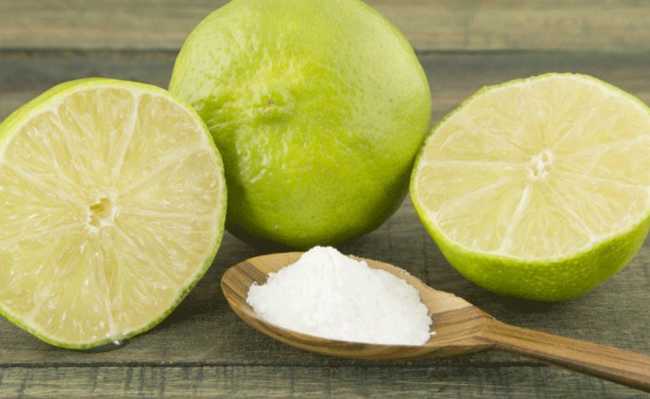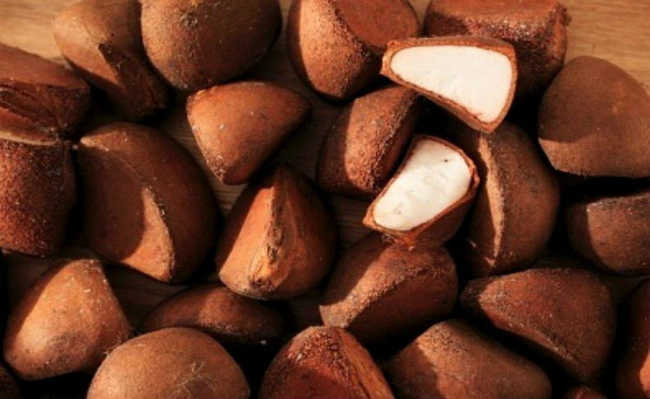Disappearance or extinction of bees: how to avoid them?
Disappearance or extinction of bees could cause deficits in world food production

Edited and resized image of Taga is available at ABSFreePics.com
The disappearance or extinction of bees is a phenomenon that can put an end not only to bees, but also to the human species. That's because these little beings pollinate more than half of our food, being crucial for the maintenance of life on the planet as we know it.
In addition to individual efforts, it is necessary to carry out collective actions to institutionalize the protection of bees worldwide, such as the ban on harmful pesticides; agroecology; the creation and rescue of vulnerable bees and other sustainable forms of protection for bees that will have to be decided through direct democracy. But individually you can do your part with a few tips. Understand:
The importance of bees
Insects, including stingless bees (jataí and arapuá, for example) play an important role in the ecosystem, as well as in our lives. They are nature's most efficient pollinating agents, in addition to being responsible for the reproduction and perpetuation of thousands of plant species, producing food, conserving the environment and maintaining the balance of ecosystems. It is estimated that the economic value of pollination is 12 billion dollars.
The pollination done by them guarantees the high productivity and quality of the fruits. According to the Food and Agriculture Organization of the United Nations (FAO - its acronym in English), 70% of food crops depend on bees. But their effectiveness doesn't stop there! By transporting pollen between plants, they ensure the important genetic variation of species for the balance of ecosystems and species reproduction. That is, without bees, we have no food on the table (whether vegetable or animal) and much less oxygen.
In Brazil, the passion fruit, watermelon, acerola and melon plantations depend 100% on pollination. While apple, pear, plum, peach, avocado, guava, sunflower and tomato crops depend on 40% to 90%. For coffee, canola, cotton and soybean crops, this dependence is estimated to be 10% to 40%; and for bean, persimmon and orange crops from 0% to 10%.
- Watermelon: Nine Scientifically Proven Benefits
- Watermelon Seed: Benefits and How to Roast
- Avocado Recipes: Ten Easy and Delicious Preparations
These data differ according to each ecosystem. In the US, for example, apple production depends 90% on pollination. But, in all cases, food produced in environments without pollination present deformations and low economic value.
In recent years, beekeepers have noticed the massive death of bees in apiaries, after a large number of pollinating species disappear in a phenomenon called "Colony Collapse Syndrome".
the causes of the disappearance
The culprits? There are many and we've already talked about at least one of them. Among experts there seems to be a consensus among the villains of the disappearance of pollinating bees: pesticides, global warming and deforestation. The latter, for example, has several bad consequences. For bees, it means losing their home and the fruits that feed them, making their survival difficult. The use of chemicals, such as pesticides and pesticides, causes problems in the bees' memory, causing them to become disoriented and lose their ability to return to the hive; This is why it is impossible for beekeepers to find the missing bees.
When bees come into contact with neonicotinoids, they lose their sense of direction, unable to return to the hive. The water exuded from plants, which is a source of hydration for small insects, contains high amounts of venom, and kills not only bees, but also beetles, butterflies, moths, among others. These pesticides not only poison plant foods and pollinators, but also fish, birds and mammals. Once in the food chain, they can cause thyroid cancer in humans and other serious conditions.
In China, the situation is already more than alarming, and gave rise to "human bees", who are people responsible for climbing trees to do the work of pollinators extinct by pesticides.
The problem is not only the death of bees, as they are not the only pollinators, but that their disappearance would trigger a chain reaction in the environment that would affect every living thing in nature.
Take agricultural production in Brazil as an example. Beehives are rented to pollinate crops on farms across the country. In 2011, there were no bees to pollinate apple, cucumber, melon and watermelon crops. Due to lack of sufficient pollination, the fruits are born with an adulterated flavor and shape. There was a loss of production of other foods, such as oranges, cotton, soybeans, avocados and coffee, according to David De Jong, a professor at the Faculty of Medicine of the University of São Paulo, Ribeirão Preto campus, in an interview to Revista Planeta.
What can we do to alleviate this problem?
The "No Bee, No Food" campaign suggests the following steps for those interested in how to help bees:
Download the Bee Alert app
The Bee Alert app is a platform for recording the disappearance or death of bees in apiaries for scientific purposes.
Consume organic products
Give preference to organic products: they are healthier as they do not contain pesticides, and do not contaminate the environment in their production, in addition to this being a measure of support for local organic production.
- What are organic foods?
Plant trees and grow flowers, food for bees
Plant in your home, in the parks and woods of your city, species of the bee flora; flowers with pollen and nectar provide the bees' natural food.
Bees need the nectar and proteins present in flower pollen to stay alive and give rise to new generations of bees. They play a key role in the maintenance of ecosystems and, therefore, contributing to the existence of these small beings is to opt for a sustainable attitude. So how about spreading flowers around the condominium, house, streets? Bees are very fond of aromatic plants that flower, such as daisies, basil, oregano, sunflower, mint, rosemary, dandelion, thyme, among others. From the tree category, they like guava, jabuticaba, avocado, lychee, etc. They also need an essential item: water. But, in the latter case, beware of the dengue mosquito, change the water daily. Also be careful with the application of insecticides (even natural ones) and some species of trees harmful to bees, such as the neem tree, as insecticides and some trees can significantly reduce bee populations.
- Basil: benefits, how to use and plant
- Oregano: six proven benefits
- Sunflower Seed Has Amazing Benefits
- Benefits of mint and its tea
- Rosemary: benefits and what it is for
- Dandelion: plant is edible and has health benefits
- Thyme: know how to use it and enjoy its benefits
grow stingless bees
Grow a native stingless bee hive in your garden - an increasingly universal movement, and widely recommended for nature lovers.
Brazil has more than three thousand species of bees, mostly native stingless bees. Species such as jataí, iraí, jandaira or mandaçaia, among others, are docile bees that can be part of your garden. Only then can we admire and preserve these wonderful pollinators.
To learn more about how to create your hive at home, check out To-bee Or the BeeHive.
Do not use pesticides
Do not use pesticides that are toxic to bees, particularly systemic ones (neonicotinoids); give preference to agroecological practices.
- Learn how to make natural insecticide and pest control in the garden
- Allelopathy: Concept and Examples
- What is the trophobiosis theory
- what is agroecology
fight for your rights
We all have a right to a healthy environment. However, Brazil is famous for its permissiveness with harmful substances that have already been banned in several regions of the world. An urgent change is needed in this scenario. And civil society, which is the most damaged link, needs to be aware of the daily political procedures and press for a fair (this presupposes socio-environmental sustainability) and democratic economy and politics, so that less harmful cultivation techniques are implemented - and carried out with the purpose of feeding the population, and not to be used as commodities for the profit of the privileged few. Understand this topic better in the free book for download: "Geography of Pesticide Use in Brazil and Connections with the European Union".
Check out a video (in English) from the BBC's Youtube channel "Earth Unplugged" that portrays the consequences of the extinction of bees.
Also check out a 15-minute video by beekeeper Marla Spivak for TedxGlobal, with Portuguese subtitles.
Of course, these individual actions are small in scope compared to the necessary government and industry actions, but they help to prevent further damage.

